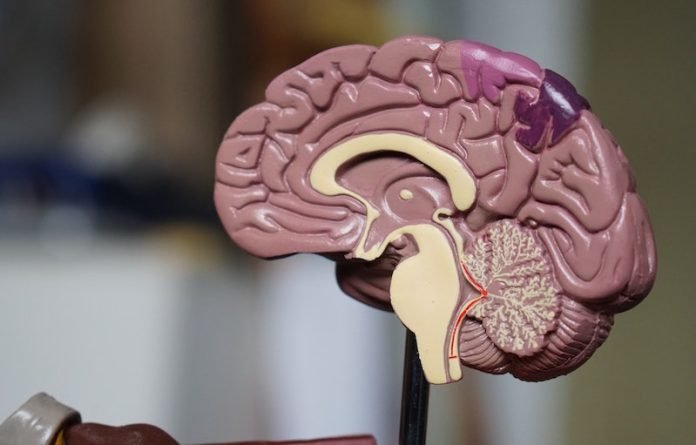
In a study from UC San Francisco, scientists found the discovery of how to shift damaged brain cells from a diseased state into a healthy one presents a potential new path to treating Alzheimer’s and other forms of dementia.
The research focuses on microglia, cells that stabilize the brain by clearing out damaged neurons and the protein plaques often associated with dementia and other brain diseases.
These cells are understudied, despite the fact that changes in them are known to play a significant role in Alzheimer’s and other brain diseases.
In the study, the team found with a new CRISPR method they developed, they can uncover how to actually control these microglia, to get them to stop doing toxic things and go back to carrying out their vitally important cleaning jobs.
This capability presents the opportunity for an entirely new type of therapeutic approach to Alzheimer’s disease.
Most of the genes known to increase the risk for Alzheimer’s disease act through microglial cells. Thus, these cells have a significant impact on how such neurodegenerative diseases play out.
When microglia start losing their way, the result can be brain inflammation and damage to neurons and the networks they form.
Over the past five years or so, many studies have observed and profiled these varying microglial states but haven’t been able to characterize the genetics behind them.
In the study, the team then developed a new platform that combines a form of CRISPR, with readouts of data that indicate the functions and states of individual microglia cells.
Through this analysis, the team pinpointed genes that affect the cell’s ability to survive and proliferate, how actively a cell produces inflammatory substances, and how aggressively a cell prunes synapses.
And because the scientists had determined which genes control those activities, they were able to reset the genes and flip the diseased cell to a healthy state.
The team plans to test how to control the relevant states of microglia, by targeting the cells with existing drugs and testing them in preclinical models.
They hope to find specific molecules that act on the genes necessary to nudge diseased cells back to a healthy state.
If you care about Alzheimer’s, please read studies about 5 steps to protect against Alzheimer’s and Dementia, and this special drink may benefit people with earliest Alzheimer’s.
For more information about brain health, please see recent studies that herb rosemary could help fight COVID-19 and Alzheimer’s disease, and results showing Vitamin B could help reduce dementia risk.
The study was conducted by Martin Kampmann et al and published in Nature Neuroscience.
Copyright © 2022 Knowridge Science Report. All rights reserved.



